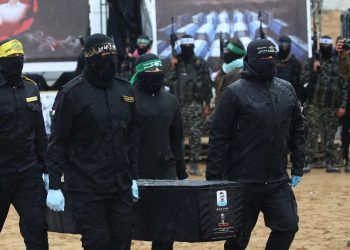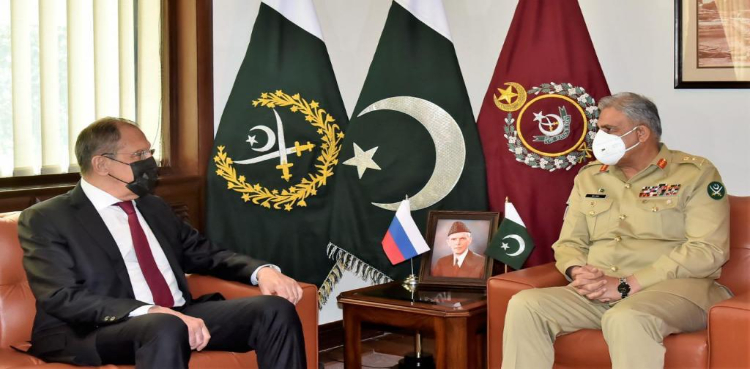The diplomatic row between New Delhi and Ottawa worsened further on Tuesday over a Sikh leader’s assassination as India — in a tit-for-tat move — expelled a Canadian diplomat, triggering an international response on the matter.
The ties between the two nations fell to a new low after Prime Minister Justin Trudeau accused the Narendra Modi government of a role in the murder of Hardeep Singh Nijjar’s murder in British Columbia in June.
Nijjar, who was shot dead outside a Sikh temple in June, had been designated a “terrorist” by India in July 2020, following his support for a Sikh homeland in the form of an independent state of Khalistan.
The Canadian high commissioner, or ambassador, in New Delhi had been summoned and told of the expulsion decision, India’s foreign ministry said in a statement.
“The decision reflects the government of India’s growing concern at the interference of Canadian diplomats in our internal matters and their involvement in anti-India activities,” the ministry added.
“The concerned diplomat has been asked to leave India within the next five days.”
Earlier, PM Justin Trudeau took his closest allies on board regarding the involvement of the Indian government in the incident.
CBC News, citing a senior government source, stated that PM Trudeau has briefed UK PM Rishi Sunak, French President Emmanuel Macron, and US President Joe Biden about the progress made in the killing of Khalistan leader Hardeep Singh Nijjar.
Canada also expelled India’s top intelligence agent in the country. Pavan Kumar Rai, the head of the Research and Analysis Wing (RAW), in Canada, was operating from the Indian High Commission.
The shocking revelation about the Indian role in the incident was exposed by the Canadian PM in a speech at an emergency of the assembly.
Canada was “actively pursuing credible allegations” linking Indian government agents to the murder of Hardeep Singh Nijjar, PM Trudeau told the House of Commons on Monday.
Trudeau said he had raised the issue of the murder directly with Modi on the sidelines of last week’s G20 summit in New Delhi, and urged his government to co-operate with Canada to resolve it.
Modi, in turn, conveyed strong concern to Trudeau over recent demonstrations in Canada by Sikhs calling for an independent state.
Canada has the largest population of Sikhs outside the Indian state of Punjab, with about 770,000 people reporting Sikhism as their religion in the 2021 census.
India rejects allegations
In response, the Indian foreign ministry rejected allegations of involvement in any kind of violence and termed these as absurd and motivated.
Similar accusations made by Trudeau to Prime Minister Narendra Modi had been “completely rejected”, it added in a statement released after bombshell allegations.
“We urge the government of Canada to take prompt and effective legal action against all anti-India elements operating from their soil,” the ministry said.
Such “unsubstantiated allegations” sought to shift the focus away from “Khalistani terrorists and extremists who have been provided shelter in Canada”, it added.
US, UK, Australia ‘concerned’
Meanwhile, White House National Security Council spokesperson Adrienne Watson has expressed deep concerns about the allegations raised by Canada.
“We remain in regular contact with our Canadian partners. It is critical that Canada’s investigation proceed and the perpetrators be brought to justice.”
In a statement, a UK government spokesperson said they are in close touch with Canadian authorities about these serious allegations.
“It would be inappropriate to comment further during the ongoing investigation by the Canadian authorities.”
Moreover, Australia has also expressed “deep concern” about the developments.
“Australia is deeply concerned by these allegations and notes ongoing investigations into this matter,” a spokesperson for foreign minister Penny Wong said.
“We are closely engaged with partners on developments. We have conveyed our concerns at senior levels to India.”













































